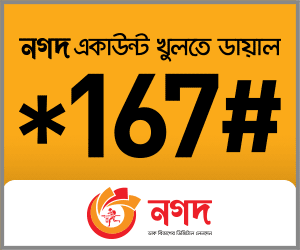The Anti-Corruption Commission on Monday sent letters to 11 government offices asking them to submit necessary information, including property and bank account details, on 50 Hefazat-e-Islam Bangladesh leaders, including its chief Muhammad Junayed and joint secretary general Mamunul Haque.
The commission sent the letters to the assistant commissioners (land) of Fatikchhari, Hathazari and Patiya upazilas in Chattogram, the district registrar of Dhaka, the Bangladesh Financial Intelligence Unit, and the superintendents of police of Dhaka, Gazipur and Netrakona.
In the letters, commission director Akhtar Hossain Azad asked the land offices to provide by seven days documents on land and other property of Hefazat leaders and madrassahs operated by them while the BFIU was asked to provide their bank account-related information, said commission officials.
Azad also wrote to the Election Commission and the Department of Immigration and Passports asking for National Identity Card and passport details of the Hefazat leaders, said an ACC official.
In the past week, the commission formed a six-member committee led by Azad to probe into the wealth of the Hefazat leaders.
The committee was asked to find the source of income of the leaders as it received a complaint that many leaders of the Islamist organisation accumulated huge illegal wealth.
The government has arrested a good number of Hefazat leaders and activists across the country in connections with the violence during and after the visit of Indian prime minister Narendra Modi in Bangladesh in March to join the celebrations of the golden jubilee of Bangladesh’s independence and the birth centenary of the country’s founding president Sheikh Mujibur Rahman.
At least 17 people were killed and scores injured in the violence in March 26-28.
The ruling Awami League also faced a huge pressure from within the party and alliance partners for its relations with
Hefazat while many of them observed that the ‘so-called strategic relations’ with the Islamist group boomeranged.
Later, the government took a hard-line against Hefazat leaders.


